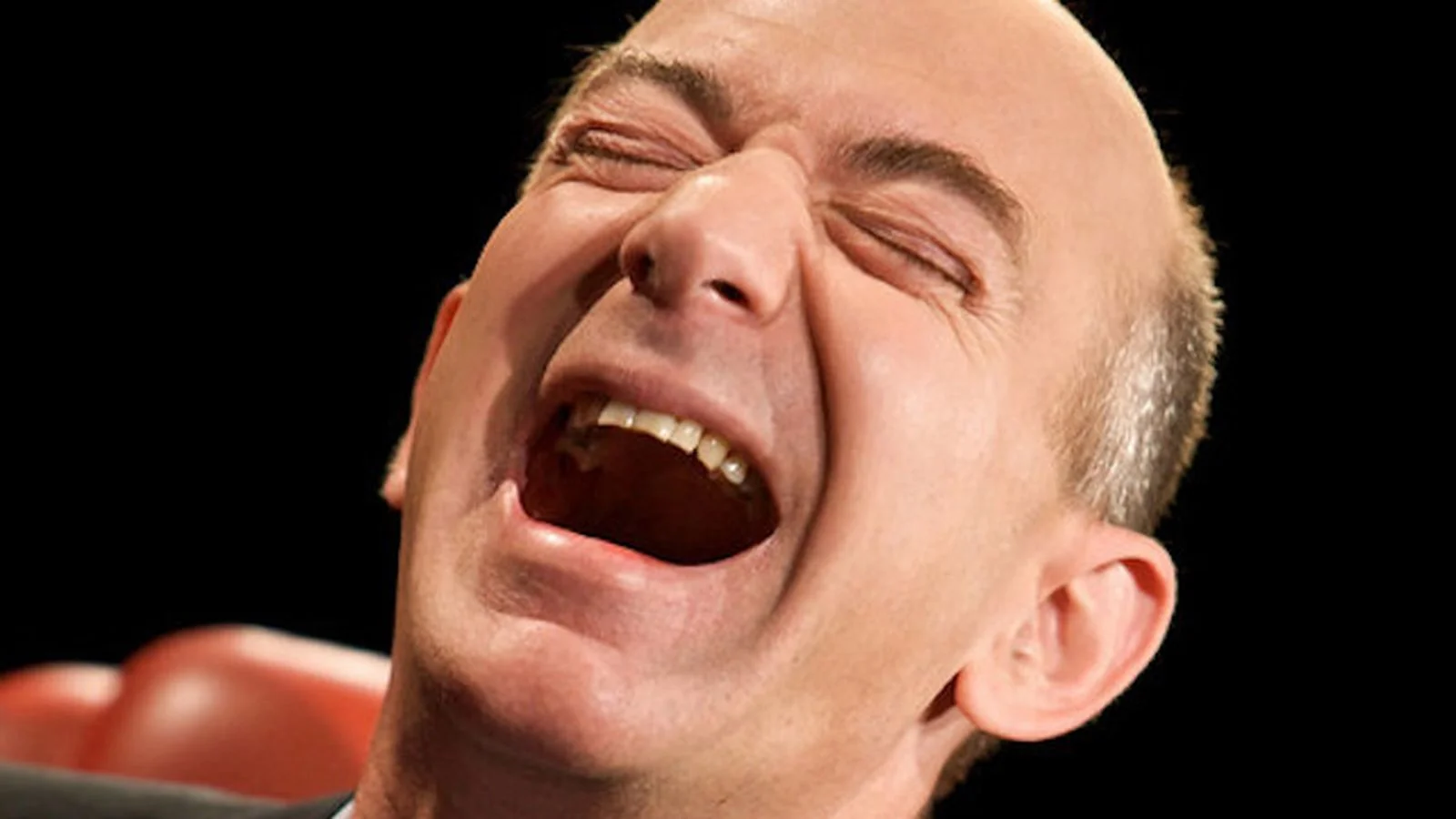Uber is a Logistics Platform, Not A Car Service
/Last week Uber announced that they would begin testing self-driving cars in Pittsburgh and that they had acquired Otto, a 90-person start-up that focuses on technology for self-driving trucks. Otto develops sensors and radars that can be quickly outfitted onto existing trucks. Otto’s goal (for now) is for the truck to be fully autonomous on the highways while the driver rests, and the driver takes over for exits and driving in cities. The technology is pretty compelling as the cost of the sensors are less significant for a $100k+ truck, full autonomy only for highway driving is good enough for the moment, and hours of service regulations limit the driving hours of truck drivers.
Uber CEO, Travis Kalanick has made it clear that he does not want to manufacture cars after inking partnership with Volvo and Toyota. Naomi Kresge writing for Bloomberg:
Just go to a German manufacturing facility, "and you will very quickly realise you do not want to make cars," Kalanick said at a panel in Berlin with Daimler AG CEO Dieter Zetsche, citing a visit to a Daimler factory near Stuttgart. Instead of seeking to acquire its own auto-making capacity, he said Uber will "work with companies that make them."
Uber appears to be doubling down on the creation of a technology platform required for a self-driving future; because if self-driving cars are the future and Uber isn’t the platform, what becomes of Uber? Building a platform for the movement of people and things requires huge investments in expensive technology: mapping, machine learning, artificial intelligence, and autonomous simulations and testing.
Amazon as a Shopping Mall
A correlation can be made between Uber and Amazon. Amazon started out as an eCommerce retailer but gradually became the shopping mall of the internet era by providing the technology, infrastructure, and services for other retailers to sell on Amazon’s platform. Amazon made massive investments in technology and logistics infrastructure to become the “winner take-all” eCommerce platform. Amazon accounted for 60% of all U.S. online sales growth in 2015. And, sales by 3rd party merchants continue to grow:
In the past, you went to shopping malls, today you go to Amazon.com and the retailers just go where the customers are. Amazon is more than content for others to own the inventory and Amazon takes their cut on merchant and fulfilment fees which is a much higher margin business than traditional retail. Amazon wisely did not want to be just the store, they wanted to be the shopping mall.
Similarly, Uber is not interested in being just the car, truck, bus etc., they want to own the technology, data, infrastructure, and services required to optimally transport people and things. Cars, trucks, and buses will ultimately become commodities and the real value will be in the platform that powers other companies services - from retailers, logistic companies, restaurants, dry cleaners, Christmas tree deliveries, you name it to hook into the Uber platform to transport people or things from point A to point B. Just as Amazon.com is the place to go to buy stuff, Uber will become how you get things and how you get around. And the Otto acquisition brings talent, technology, and new ideas to Uber which further strengthens the blatantly obvious - Uber is far more than just a taxi replacement.
I cover forward-looking topics that are relevant for everyone interested in the future of logistics. You can read more articles here or sign-up for a free monthly newsletter here.













